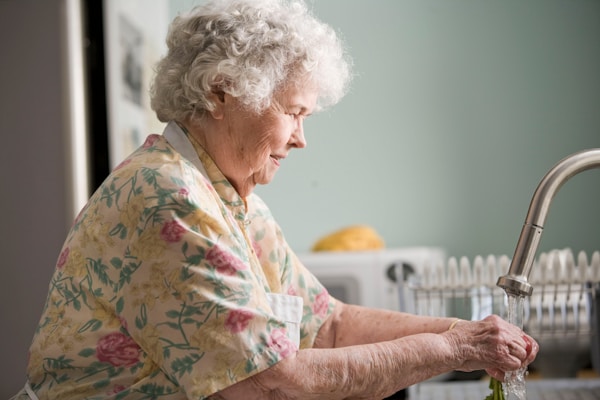Dementia is an umbrella term used to describe a range of progressive cognitive disorders that cause memory loss and impairments in thinking, communication, and other basic functions. Dementia affects people of all ages but is most common in older adults. Early onset and severe cases are rare. There is no definitive test for diagnosing dementia, but there are certain signs and symptoms that may indicate that a person has the condition. If you are concerned that you or a loved one may have dementia, you need to see a doctor for a proper diagnosis as soon as possible. If you want to know more, keep reading to find out how to know if you or a loved one has dementia.
How can you tell if you or a loved one has dementia?

You can start by learning more about the condition. Many people don’t even know the difference between dementia and Alzheimer’s. Dementia is a general term used to describe a decline in mental ability severe enough to interfere with daily life. There are many different types of dementia, each caused by damage to the brain in different ways. The most common type of dementia is Alzheimer’s disease, which accounts for the majority of cases. Other common types include vascular dementia and Lewy body dementia.
There isn’t a specific test that can diagnose dementia; diagnosis is made based on a combination of clinical history and tests that assess cognitive function. Spotting the early signs of dementia can be difficult because many of the symptoms are common to other diseases. However, there are some key things to look for if you think someone may be developing dementia. Early signs can include forgetting recent events, struggles with planning or organizing, problems with communication and language, changes in mood or behavior, and decreased interest in activities previously enjoyed.
There is no cure for dementia, but treatments are available to manage symptoms. These may include medications, therapies such as occupational or physical therapy, and measures to promote safety and independence. Support from family members and friends is also important in helping people living with dementia lead a fulfilling life.
What can you do to improve quality of life for dementia patients?

Home modifications for dementia patients can provide a safe and comfortable environment for the individual. This includes removing any obstructions from the home, such as cords and wires that could be a tripping hazard, and installing grab bars and nonslip surfaces in the bathroom. You should consider installing a communication system, such as a bell or intercom, so the patient can easily call for help if needed. Depending on the layout of their home and the severity of their symptoms, you may also need to put locks on cabinets and doors to prevent the patient from getting lost or into dangerous areas of the home.
Make it a priority to keep yourself or your loved one engaged in hobbies. This can include simple things like listening to music, going for walks, or spending time with friends and family. Always keep communication open and encourage them to continue talking about their memories and experiences. Whether thinking about yourself or others, you need to be patient and understanding as dementia can often cause mood swings and changes in behavior. While individuals with dementia do need special care and will eventually need additional assistance, that doesn’t mean they can’t participate in many different activities.
There are many reasons why you need to be aware of the early warning signs of dementia. One of the primary reasons is that early diagnosis and treatment can often help to slow the progression of the disease. Another reason is that it can provide some peace of mind for loved ones, who can then be on the lookout for further changes in the person’s condition. Some of the early warning signs of dementia can be difficult to spot, as they can be similar to the normal signs of aging. Still, pay attention to changes in a person’s behavior, thinking, and memory. Follow the tips in this article to give yourself the best chance of receiving an early diagnosis for yourself or your loved ones.
